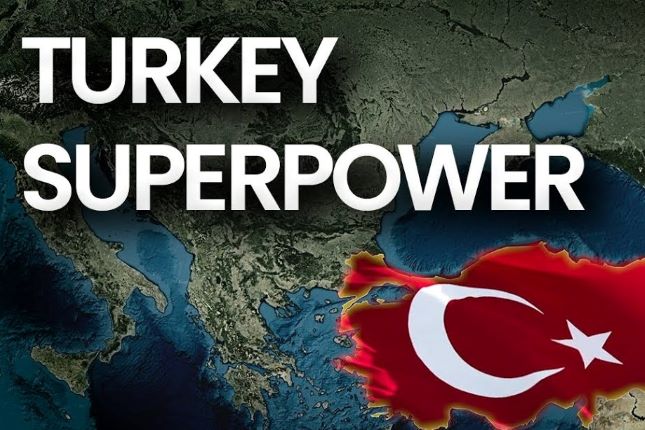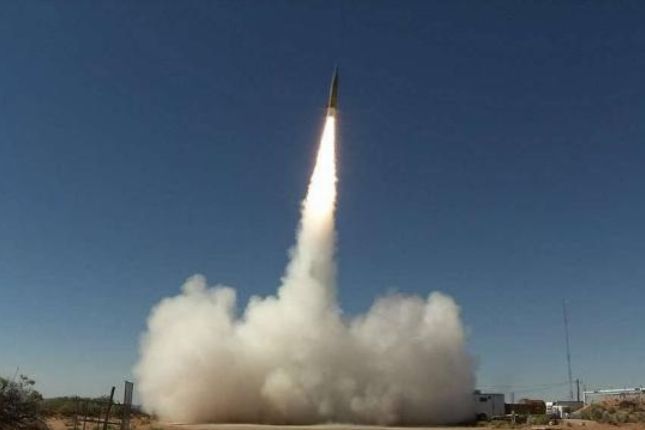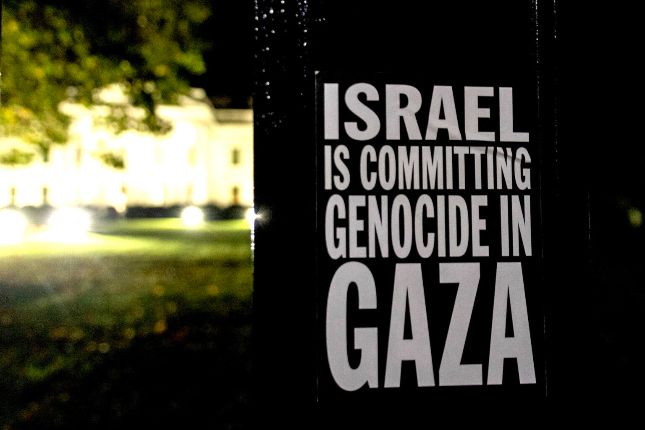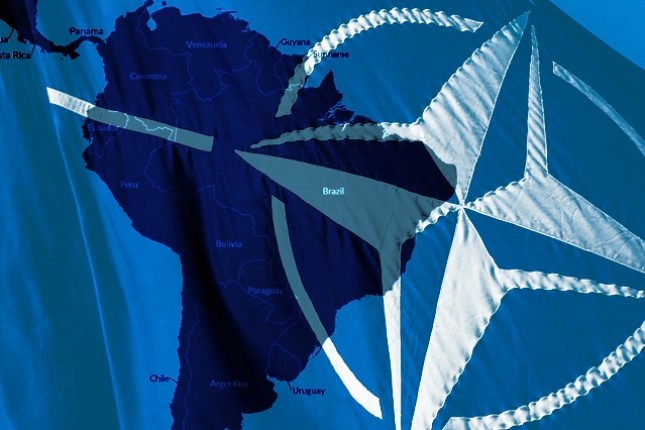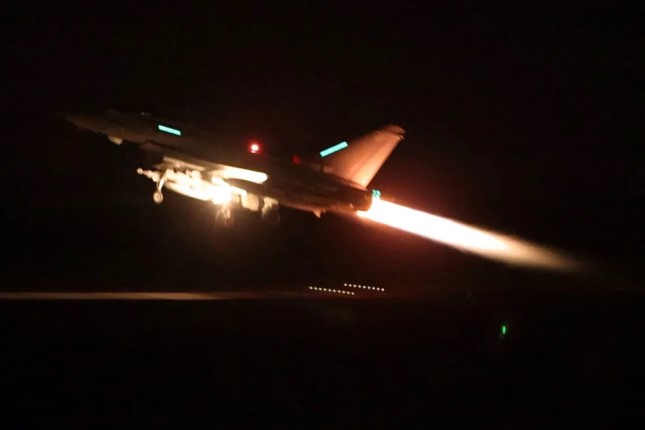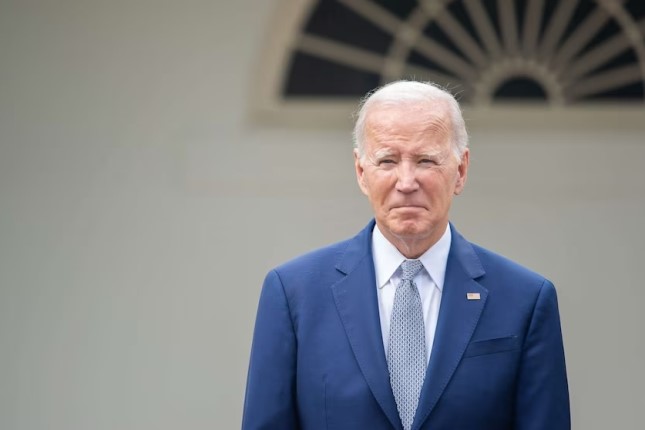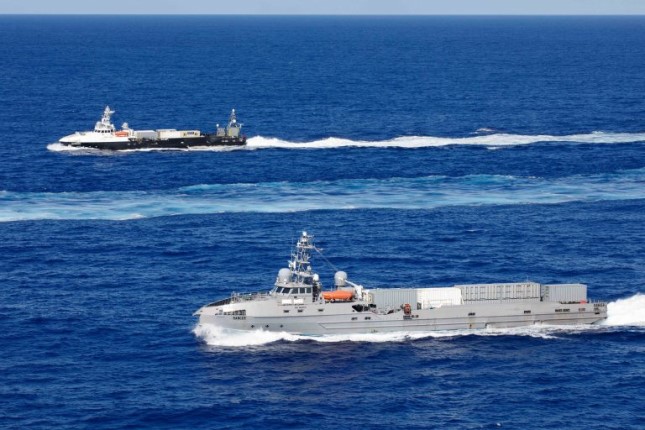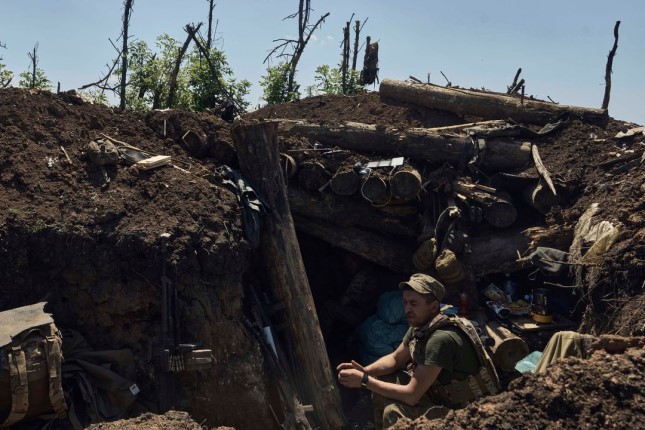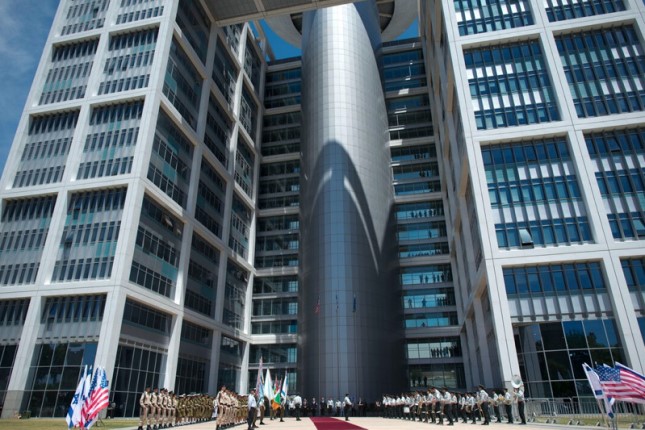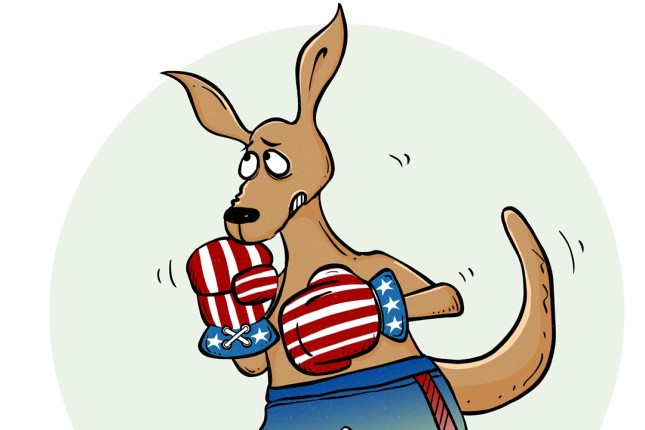Turkey, a country with a population of 85 million, spread over 783,000 square kilometres spanning the East and the West-sharing borders both with the EU, on the one hand, and such countries as Syria and Iraq, on the other, a member of NATO and yet an occasional ally of Russia, is in the process of acquiring its new identity, socially and politically. And even though the nation’s new heroic and respectable portrait that its government officials and influential media outlets are trying to paint is still quite far removed from reality, these trends will be crucial for understanding and predicting Ankara's subsequent steps.
According to Ibrahim Karagül, former editor-in-chief of Yeni Safak (the New Dawn), a conservative Turkish newspaper, today’s Turkey is a country that is capable of bringing forward meaningful initiatives, has a formula for various pursuits and a solution to every crisis it may find itself facing in any geography. All attempts to establish an anti-Turkey front, be it in the Balkans, the Middle East, Afghanistan, or Africa, have failed. It always gets what it wants. “Turkey is a respectable, reputable, and reliable country that offers solutions and produces models”, sums up Karagül.
The West continues to view Turkey as a poor, helpless, isolated and backward country, as it was back in the 1940s. But this perception could not be farther from today's reality, Karagül warns. The reasons for this treatment of Turkey by the US and by Europe are obvious: they are not willing to tolerate any competition in the region, whereas Turkey's native agents within (a term used primarily to refer to the terrorist Kurdistan Workers’ Party (PKK) and the Fetullah Terrorist Organization (FETÖ), or the Gülen movement) do not want a strong country that they are not competent enough to govern or control either. However, Karagül prophesies that any scheming on the part of these two groups is predictably going to fail. With the West entering a period of decline and Western-style globalization being all but over, new forces are coming to the world stage amid the resurgence of old empires, including modern-day Turkey, an heir to the Ottoman Empire, which are making a comeback with claims to restore their former might and glory, Karagül goes on.
"The West will not be able to stop Turkey”, the journalist asserts. “(Anti-Turkey) projects are collapsing while Turkey continues its march. The 20th century was a century of patience, and now we are entering a period of ascendancy." Turkey's global prominence is growing along with its geopolitical might and influence. "A new superpower is coming into play", Karagül concludes, and most of his peers, including those representing other political camps, nod in agreement.
These claims are corroborated by Turkey's intensified involvement in matters that historically had never been of any interest to it, such as the Arctic. Among other things, Erdoğan initiated Turkey's accession to the 1920 Svalbard Treaty. It was officially asserted that the purpose of the country’s accession is to endow Turkish companies with the rights that the treaty provides in such fields as coal mining, manufacturing and maritime shipping on the archipelago and in its territorial waters, as well as to be able to participate in various research and educational initiatives and projects carried out in the region. This would include the construction of a Turkish research station on the grounds of this high Arctic archipelago and sending Turkey’s students to study at Svalbard International University. The new Turkey believes it has every right to participate in carving up the Arctic pie. Ankara seems to think that its nation has ample scientific, technological and military potential and geopolitical weight to be entitled to.
Of particular note is Turkey's view of the Russia-Ukraine conflict. Observers representing at times opposing political camps are unanimous in their view that by prodding Russia into initiating hostilities in Ukraine, the West is thus trying to weaken its natural geopolitical rival. Interestingly, despite its NATO membership and still-pending application to join the EU, Turkey doesn’t associate itself with the Western world. That said, it is the rise of Turkey that the West sees as the greatest threat that it is facing and "had it not been for the war in Ukraine, Biden and the leaders of Europe would now be calling on the rest of the world to go to war with Turkey". According to another plausible scenario, the West will attempt to provoke a war between Turkey and Russia that could lead to "a destruction of both empires".
Turkish observers are particularly vexed by how completely inconsistent the actions of the United States have been of late. While self-righteously blaming Russia for its invasion of Ukraine, Washington appears oblivious to its bloody past in Afghanistan, Iraq, Libya, and Somalia. Such a blatant demonstration of double standards shatters Turkey’s trust in the United States: Ankara has learned its lesson and is now teaching the rest of the world to stay away from the West, including the United Kingdom. Despite President Erdoğan’s allegedly warm relations with Richard Moore, head of MI6, Britain’s foreign intelligence agency and a former UK ambassador to Turkey, and the Turkish origins of British Prime Minister Boris Johnson, whose great-grandfather Ali Kemal was a liberal-leaning journalist in Constantinople, Istanbul has not forgotten or forgiven London’s role in weakening and precipitating the subsequent fall of the Ottoman Empire.
If modern-day Turkey’s internal and external discourse indicates, it contrasts itself with the West. Ankara’s anti-Western rhetoric is noticeably harsher than any statements it has been making about Russia. Turkey’s perception of Russia ranges from that of a neutral neighbour to potentially a tactical or even a strategic Eurasian ally.
Russia has always been one of the countries of particular importance in the context of Turkey's foreign policy, noted Turkey’s former Ambassador to Russia Ümit Yardim in his extensive interview with the centrist Karar (the Verdict) daily. According to the diplomat, Russia’s expansion in the post-Soviet lands is a natural manifestation of the nation’s imperial character and origins (in contrast to the liberals of the West, this characterization sounds neural or even positive coming from him). That said, Ukraine can hardly be defined as Russia’s ultimate destination, and only some very dire circumstances could cause Russia to slow down, if only for a short while.
Russia’s President Vladimir Putin is a politician who has obvious and unambiguous goals in mind for his country, and if he sees an opportunity to reach them, he will do everything it will take to get there without hesitation, Ambassador Yardim believes. Admiringly, he goes as far as to compare Putin to “a wolf who likes misty weather”, a seasoned and cautious predator who monitors the global situation and does what has to be done when the conditions are right.
To Putin, securing the good of the Russian state is a number one priority in his hierarchy of values, and it matters not what methods have to be resorted to achieve this goal, Yardim concludes. When asked about Turkey’s foreign policy priorities, the diplomat suggested that “realism, common sense, rationality, and a short/medium/long-term foreign policy vision should be essential in looking at the future of bilateral/regional/global relations, and not populism, spur-of-the-moment reactivity, or threats”.
Echoing the thoughts of their country’s leaders, Turkey’s pundits and analysts posit that "the world order cannot be set without Turkey”, and ordinary Turks concur. Ankara’s refusal to join anti-Russian sanctions and Sweden’s and Finland’s agreement to a series of conditions placed by Erdoğan on their joining NATO illustrate these are not just some empty words. Tellingly, instead of seeing themselves doing someone else’s bidding or as cogs in someone else’s schemes, both the nation’s head of state and Turkey’s citizens prefer to be independent actors of regional and global (or semi-global, at the very least) politics. This means that all other actors involved will have to be mindful of this vision. The fulfilment of this vision could perhaps be postponed by some dire economic circumstances within the nation, but only for a short while.
Turkey is looking at its upcoming parliamentary and presidential elections scheduled for 2023. Regardless of their outcomes, especially if President Erdoğan and his ruling Justice and Development Party remain in power, it is unlikely that they will bring about any fundamental change in the Turkish society’s self-perception as it is “rising from its knees”. This, in turn, increases the likelihood of further clashes between the United States and Turkey in the geopolitically important regions of the Middle East, Africa and, to some extent, Europe. In addition, this could also provide natural substance to a true strategic Eurasian alliance of Russia and Turkey with the possible participation of Iran. Depending on how many different circumstances play out here, the most surprising alliances and coalitions could emerge.
